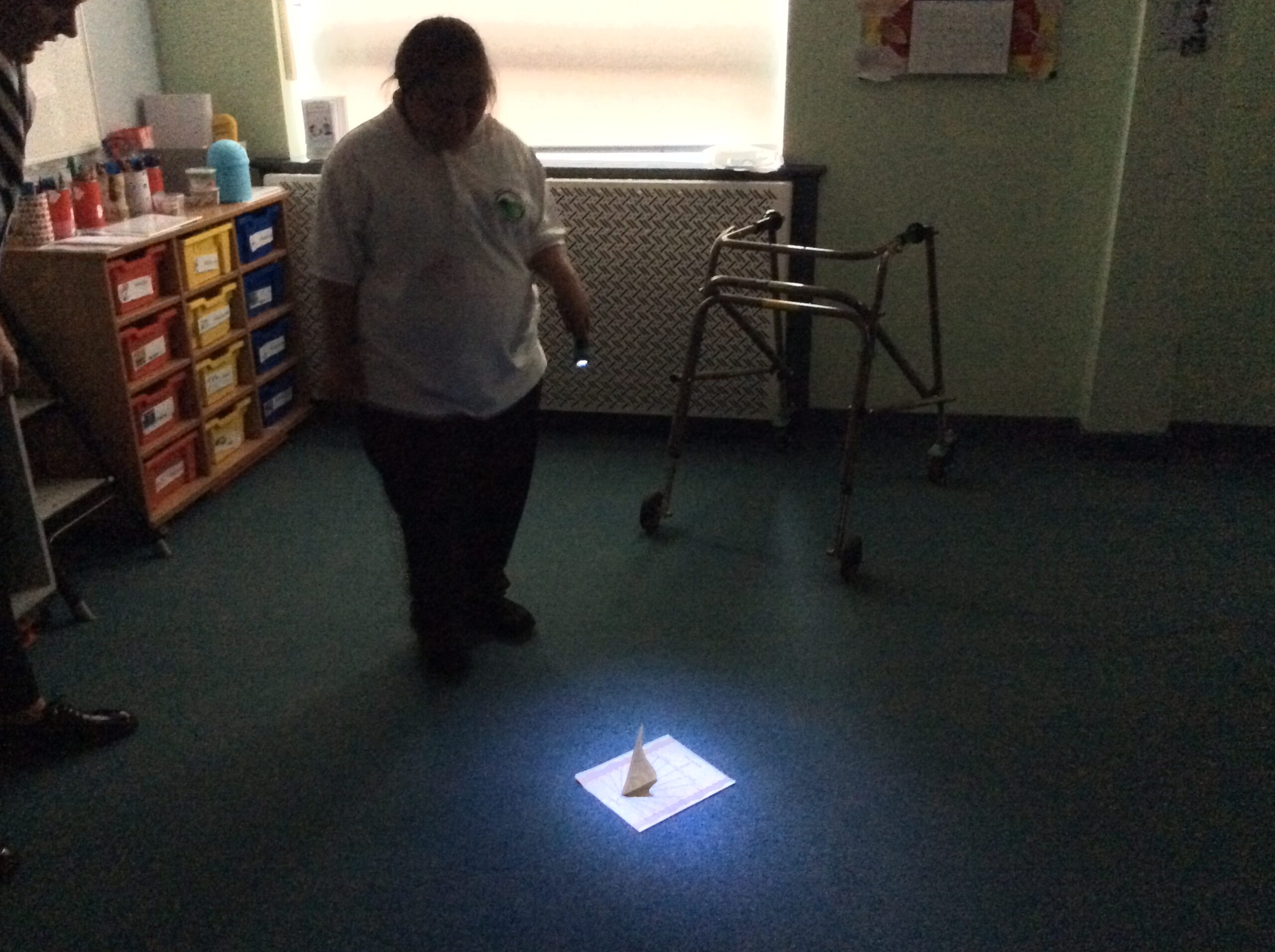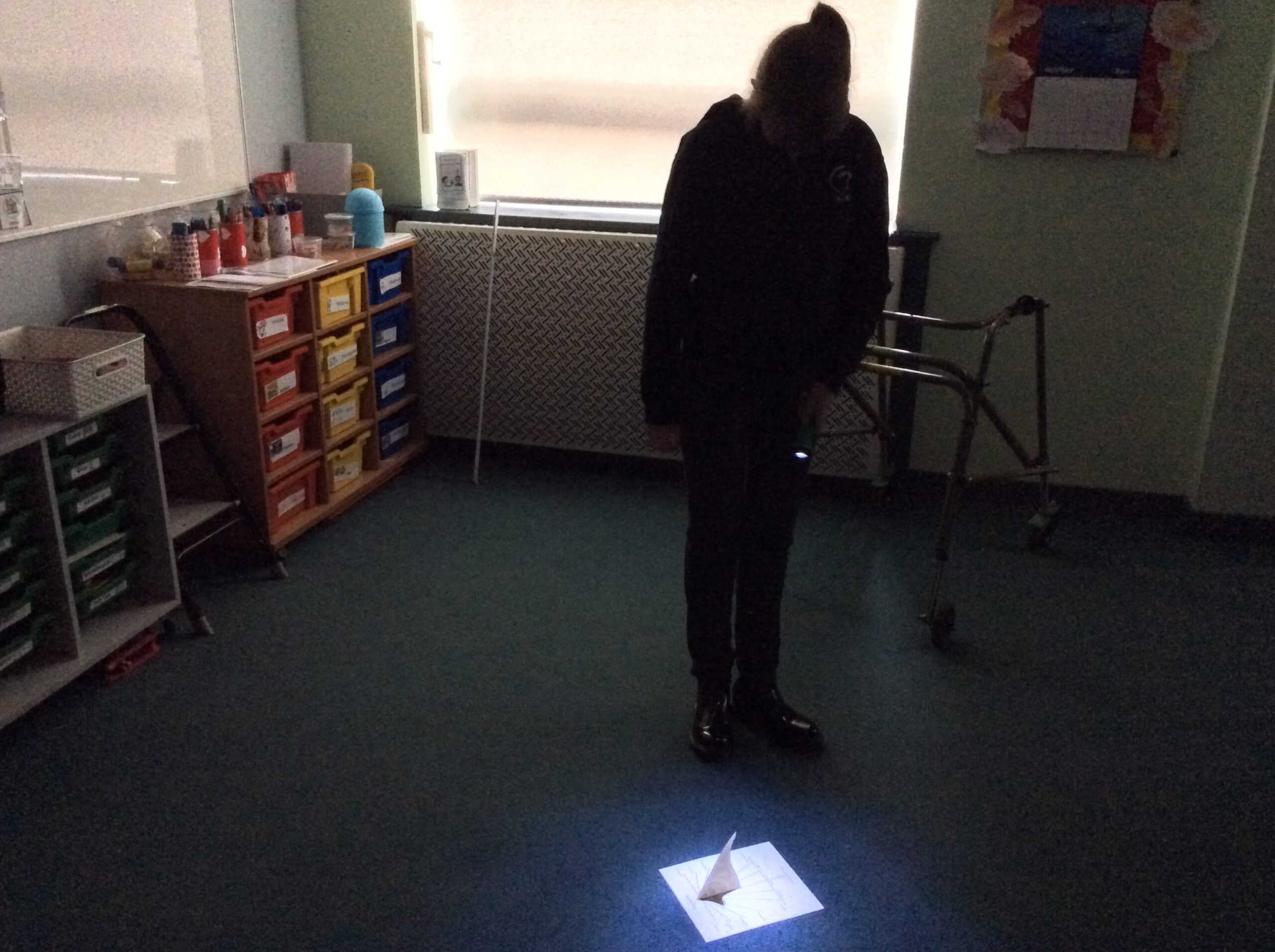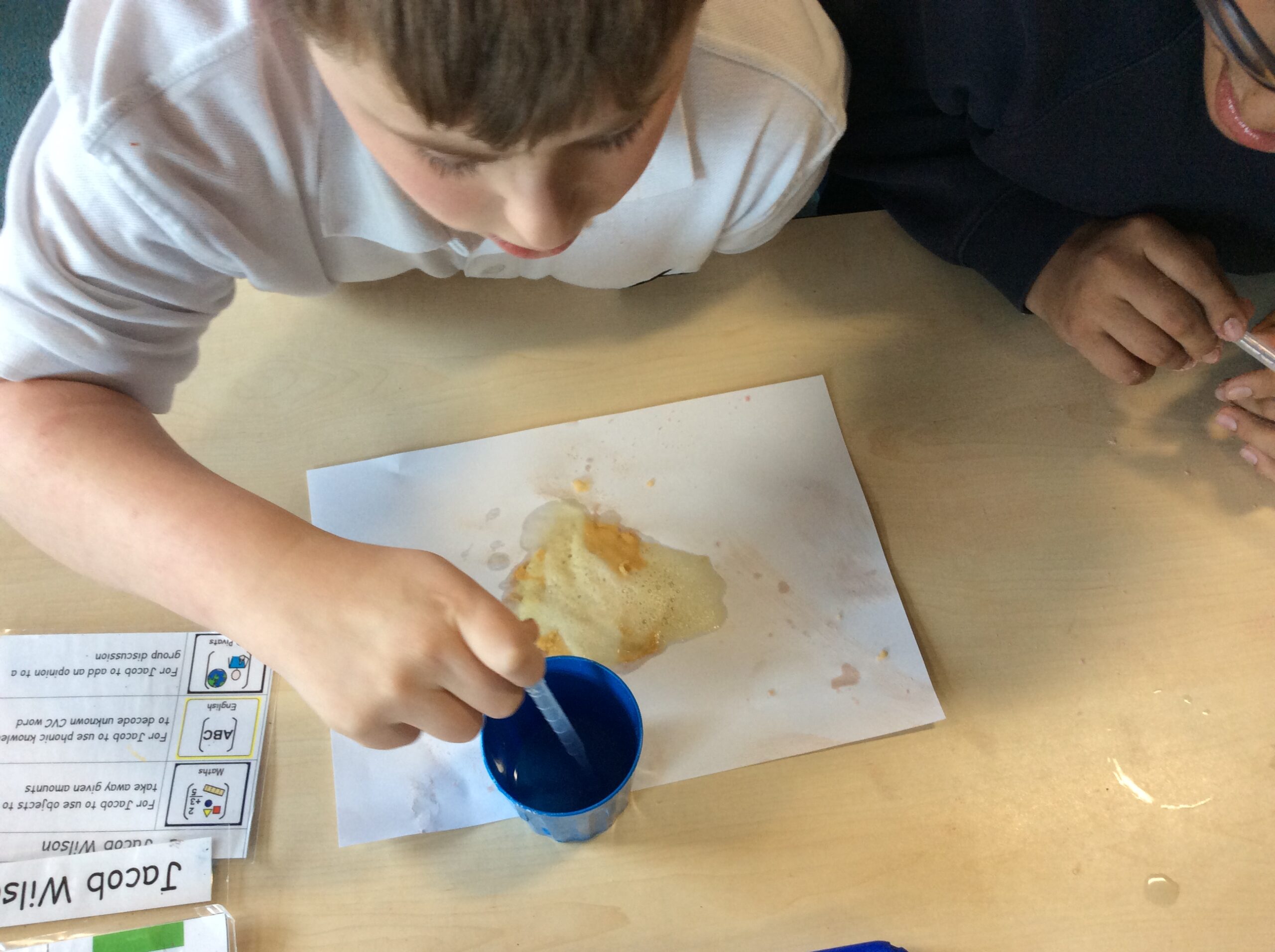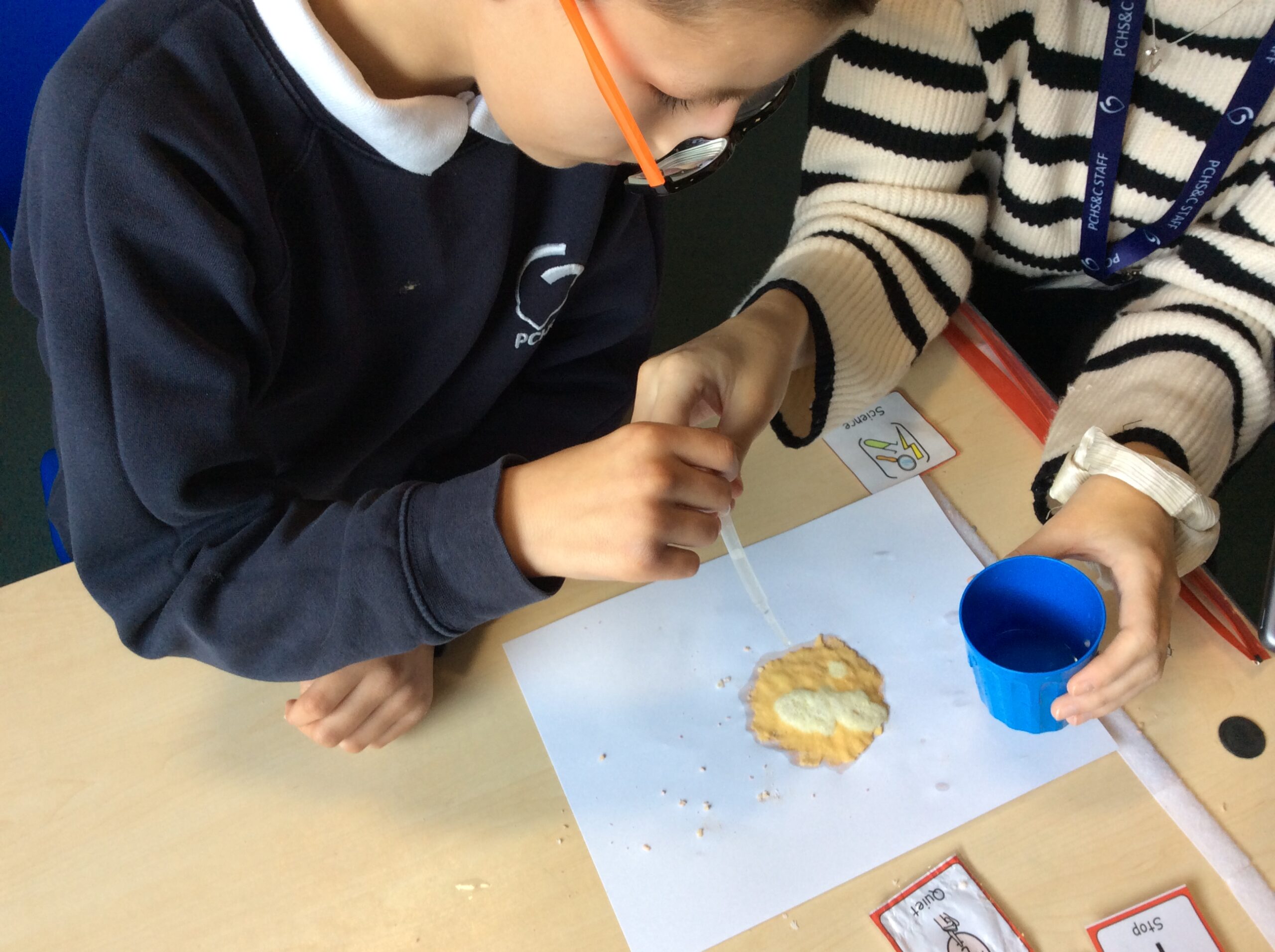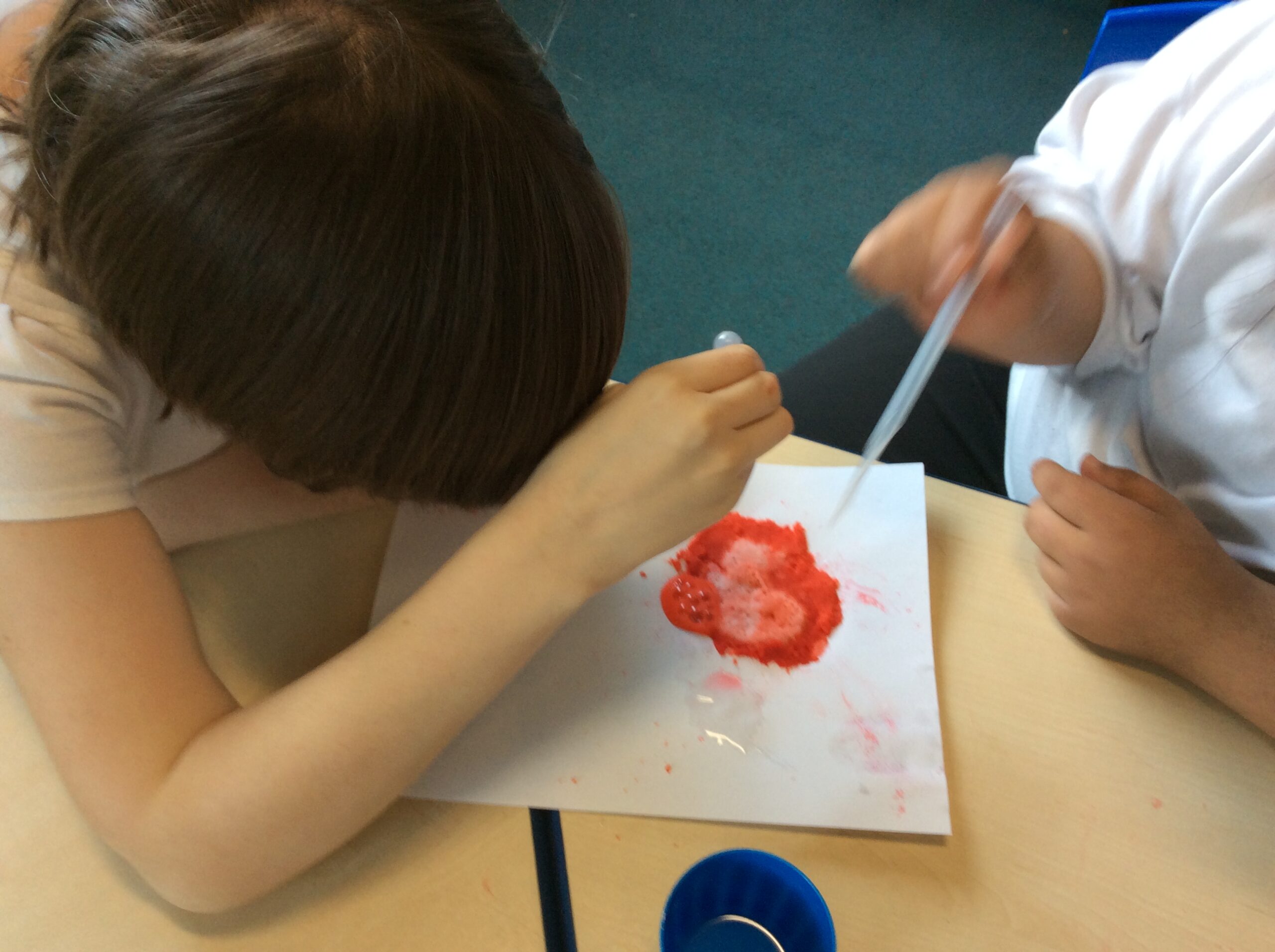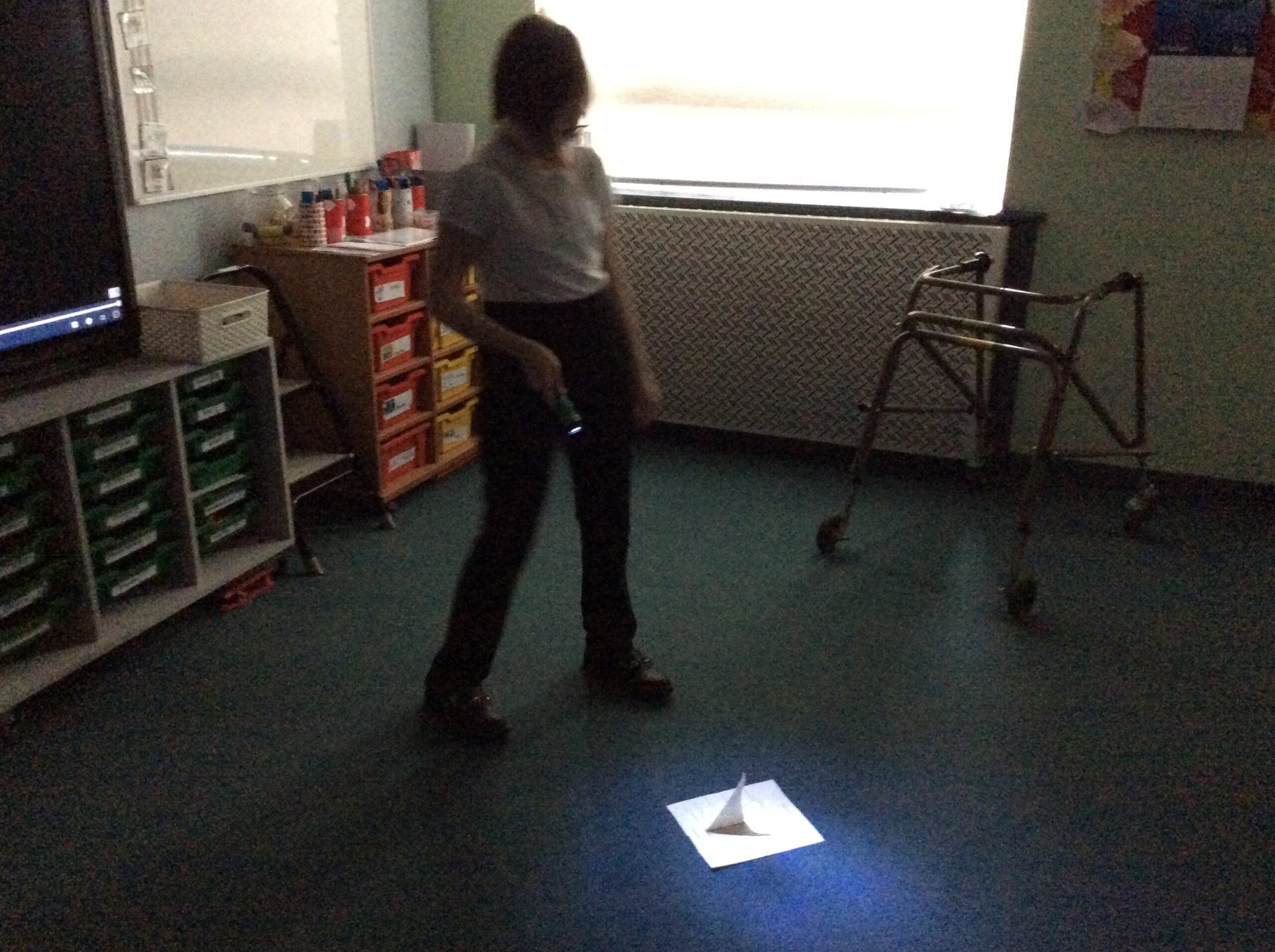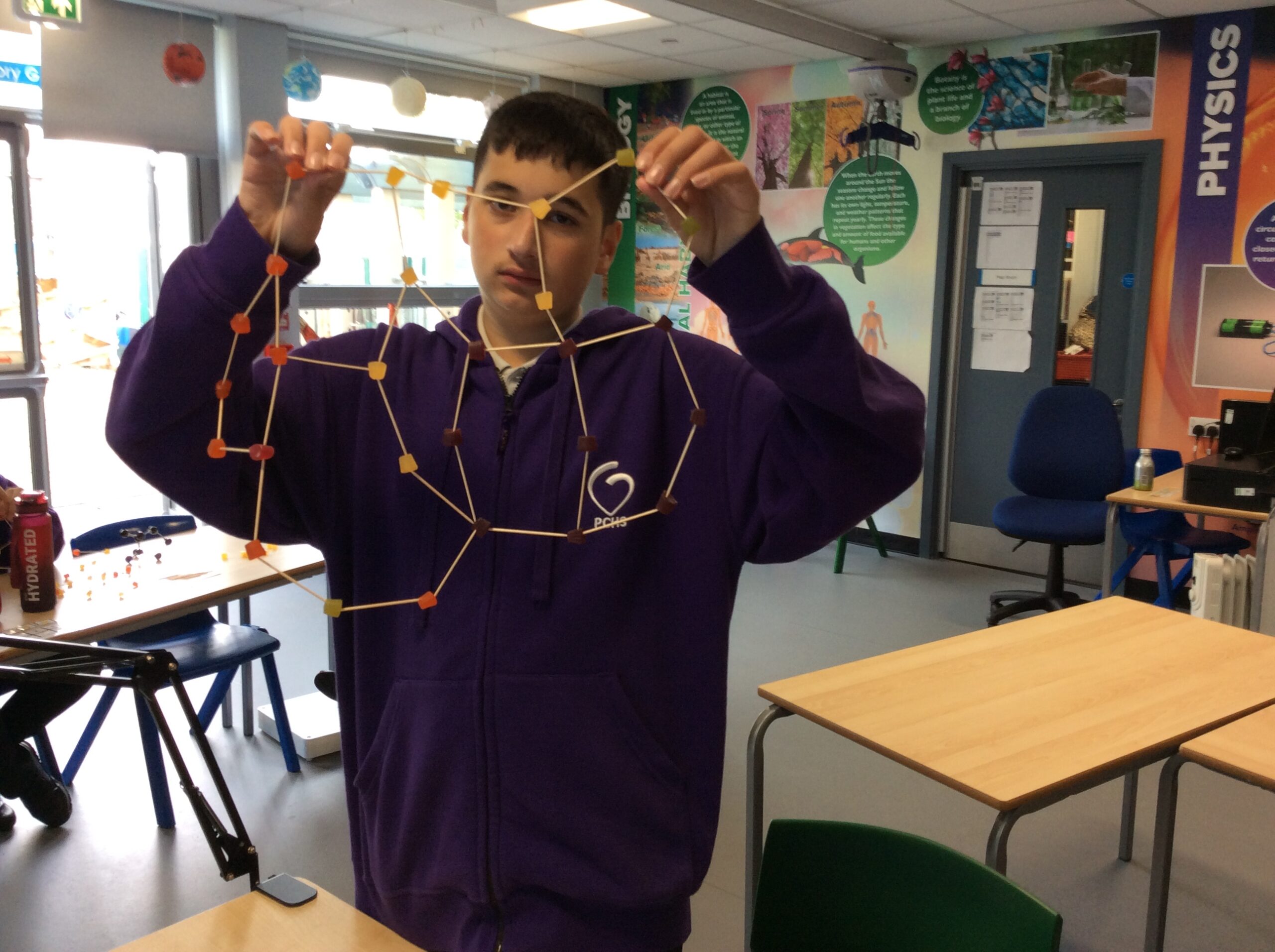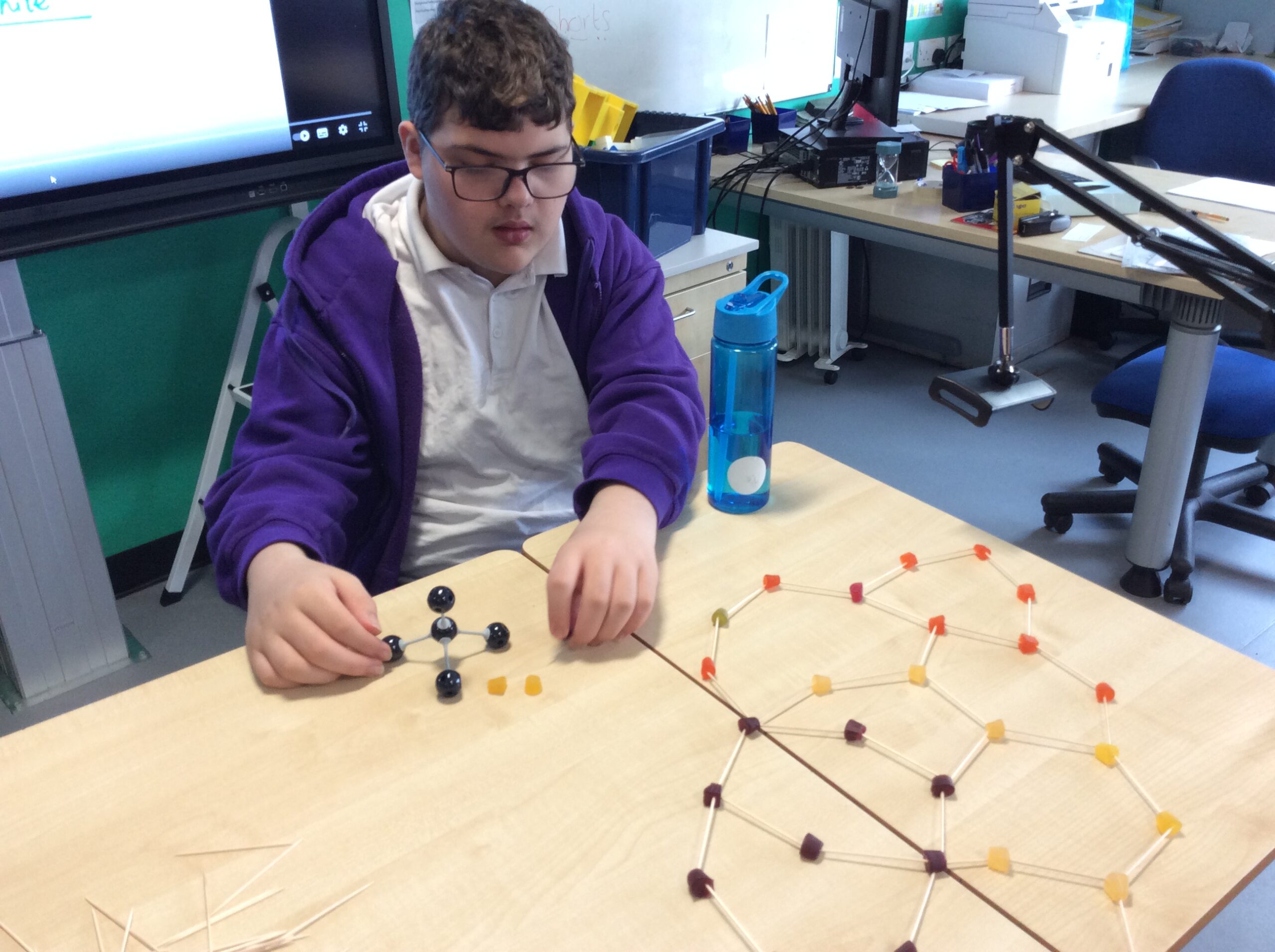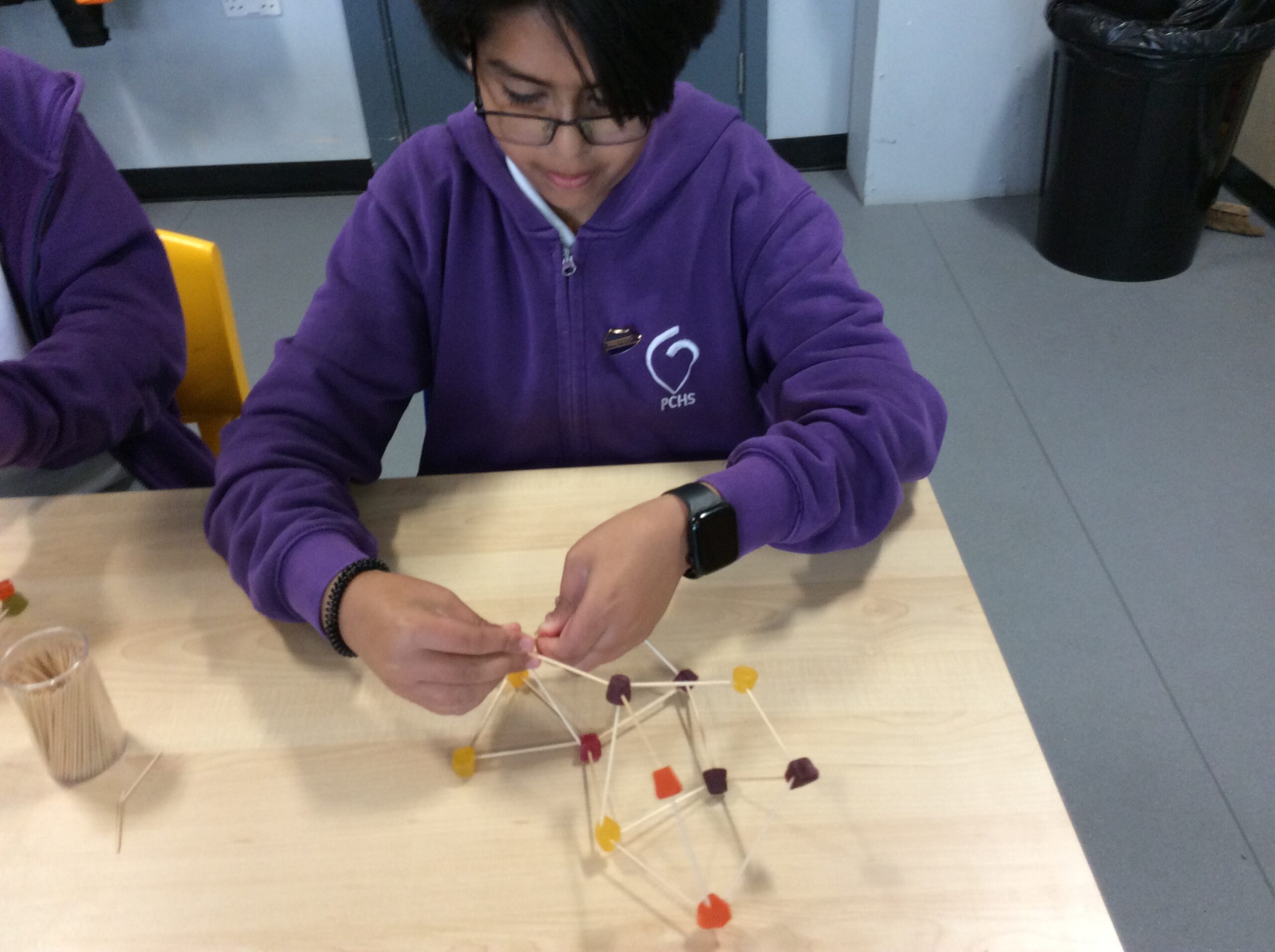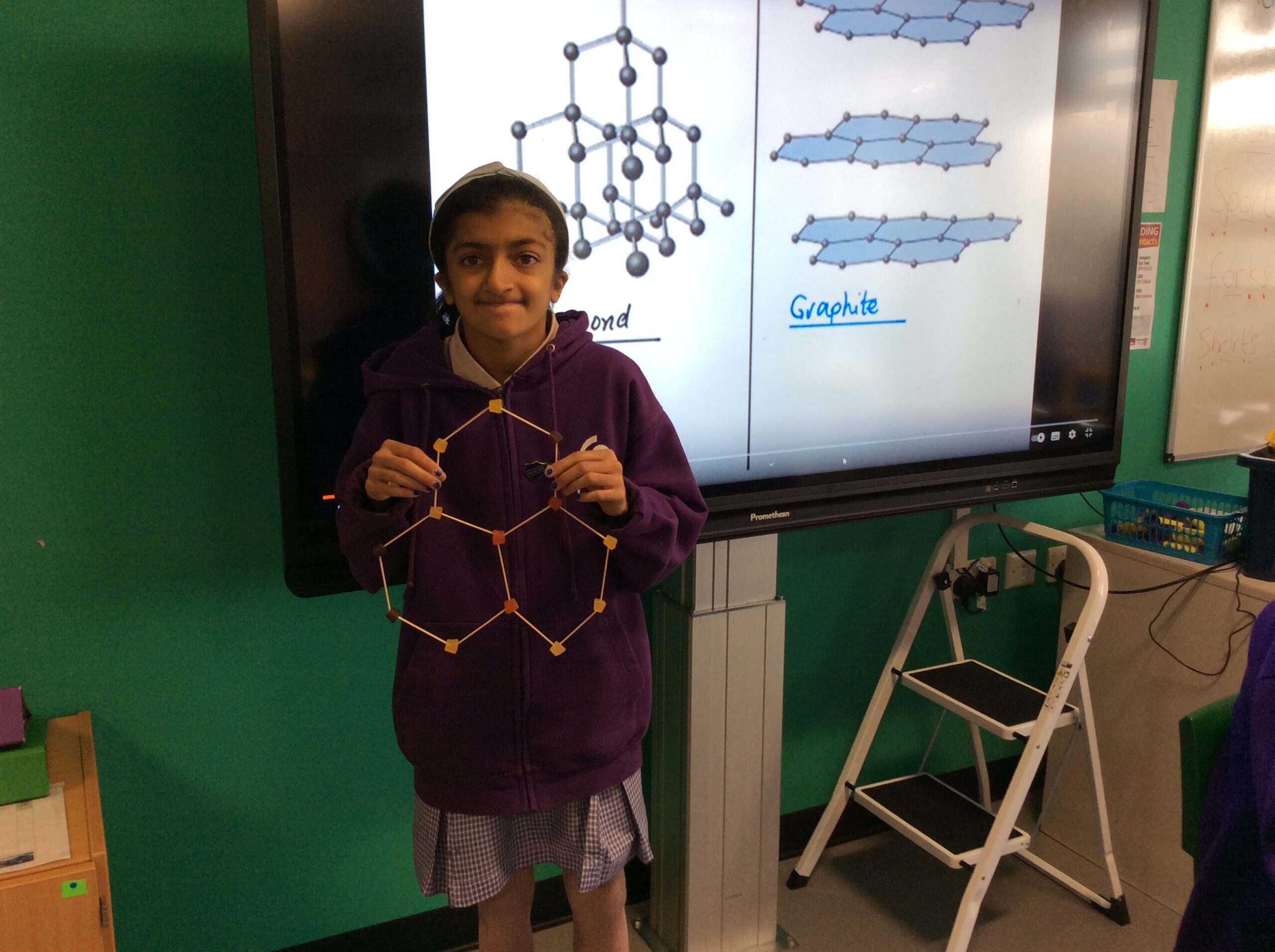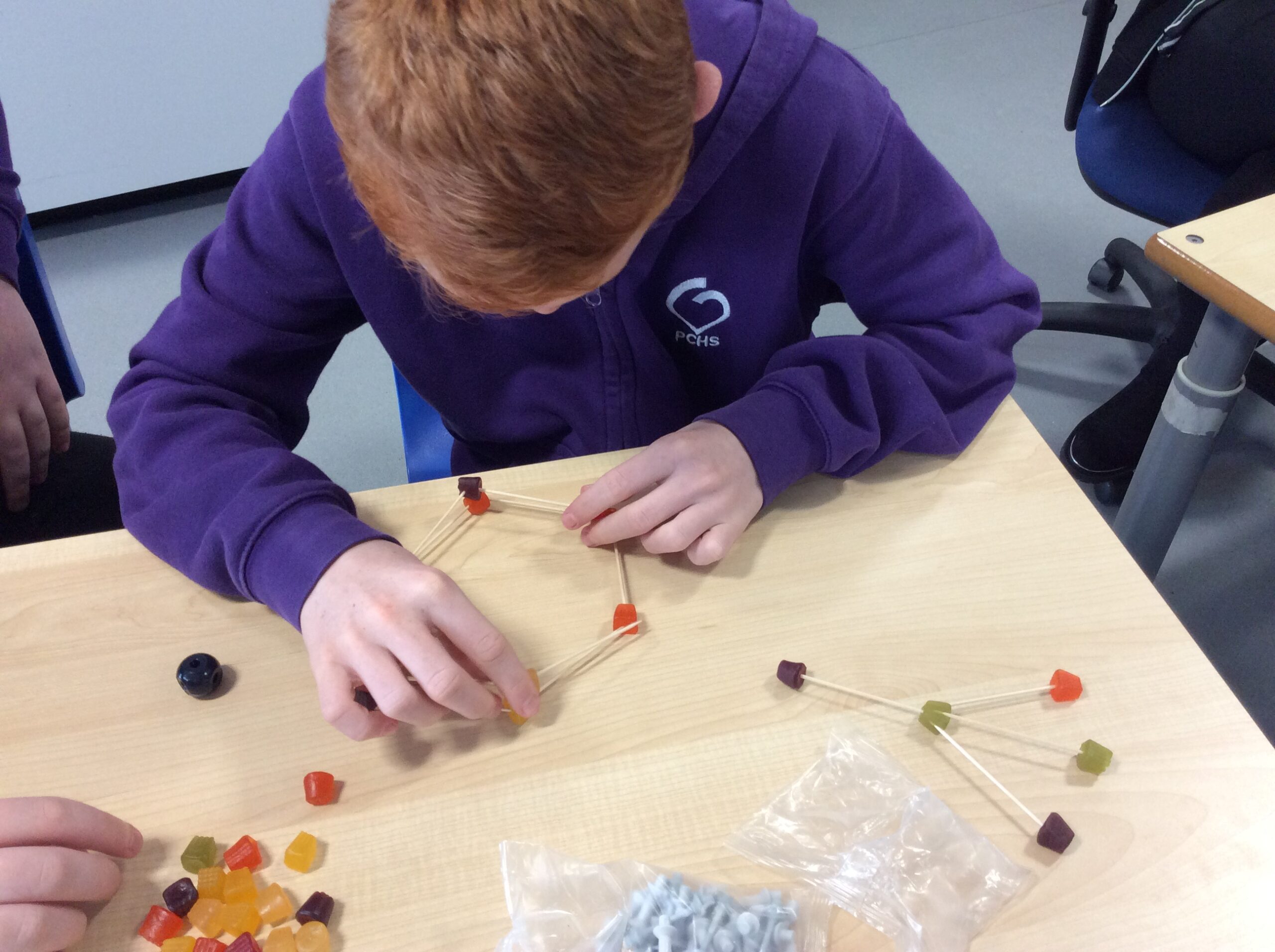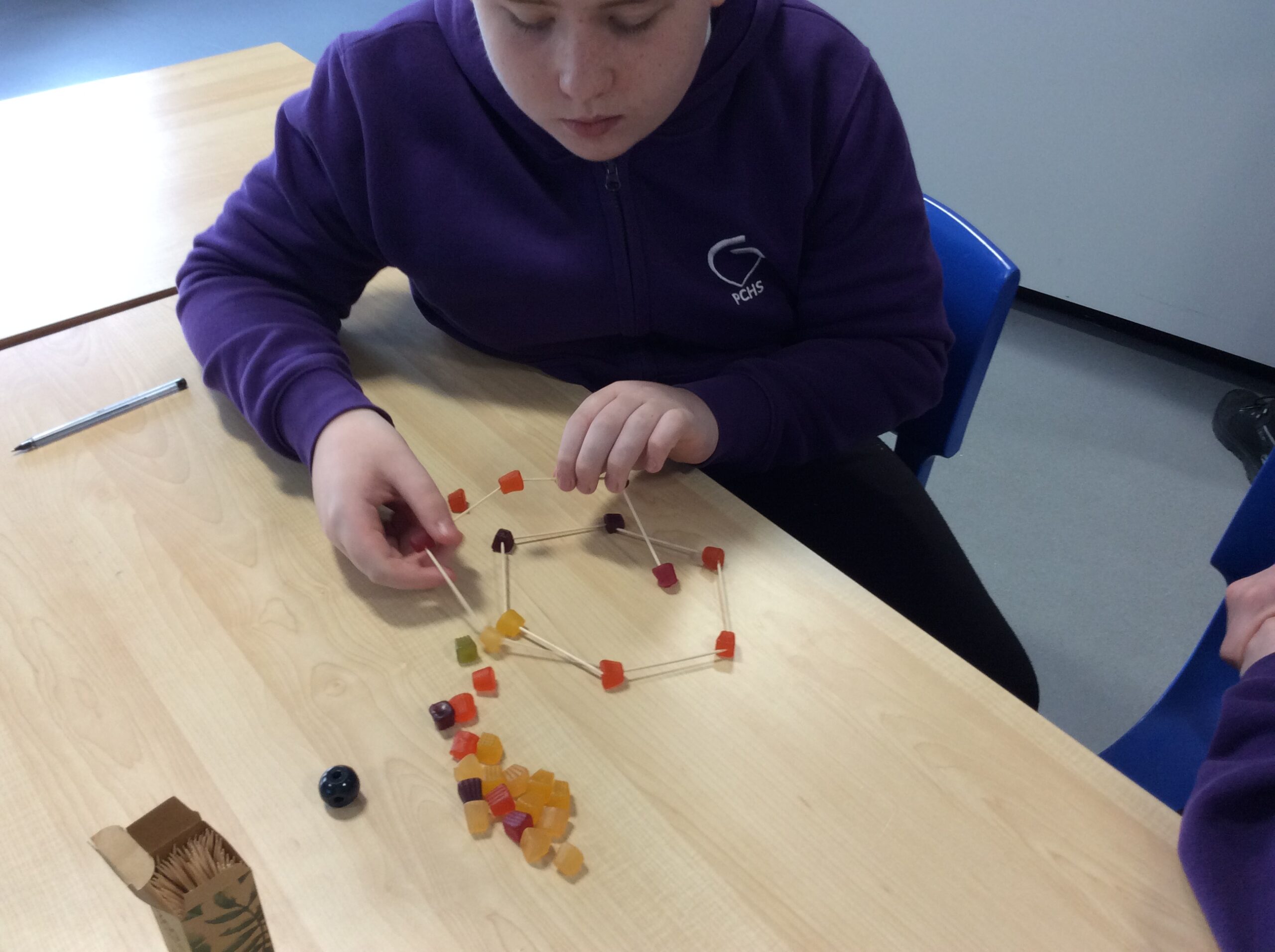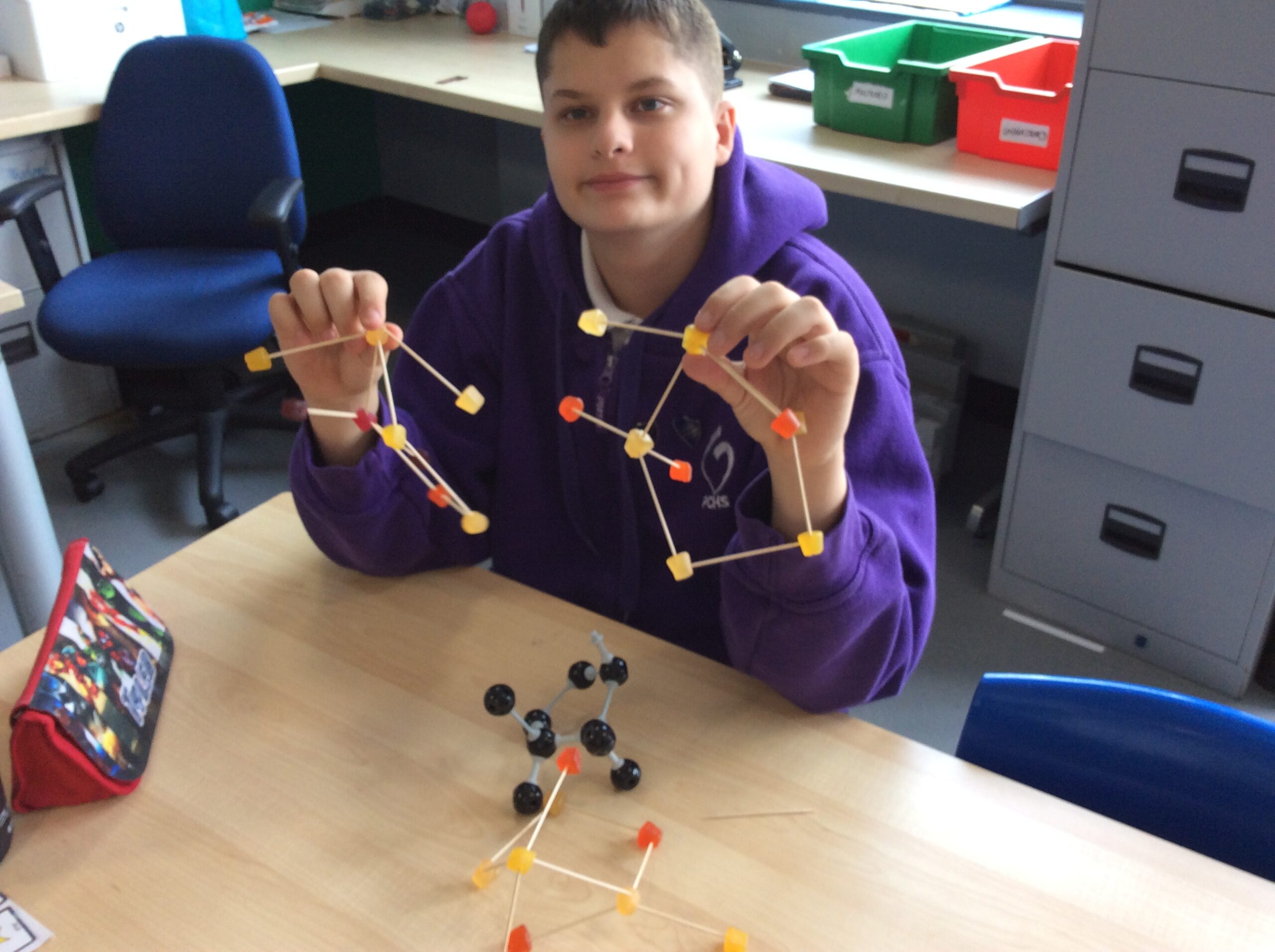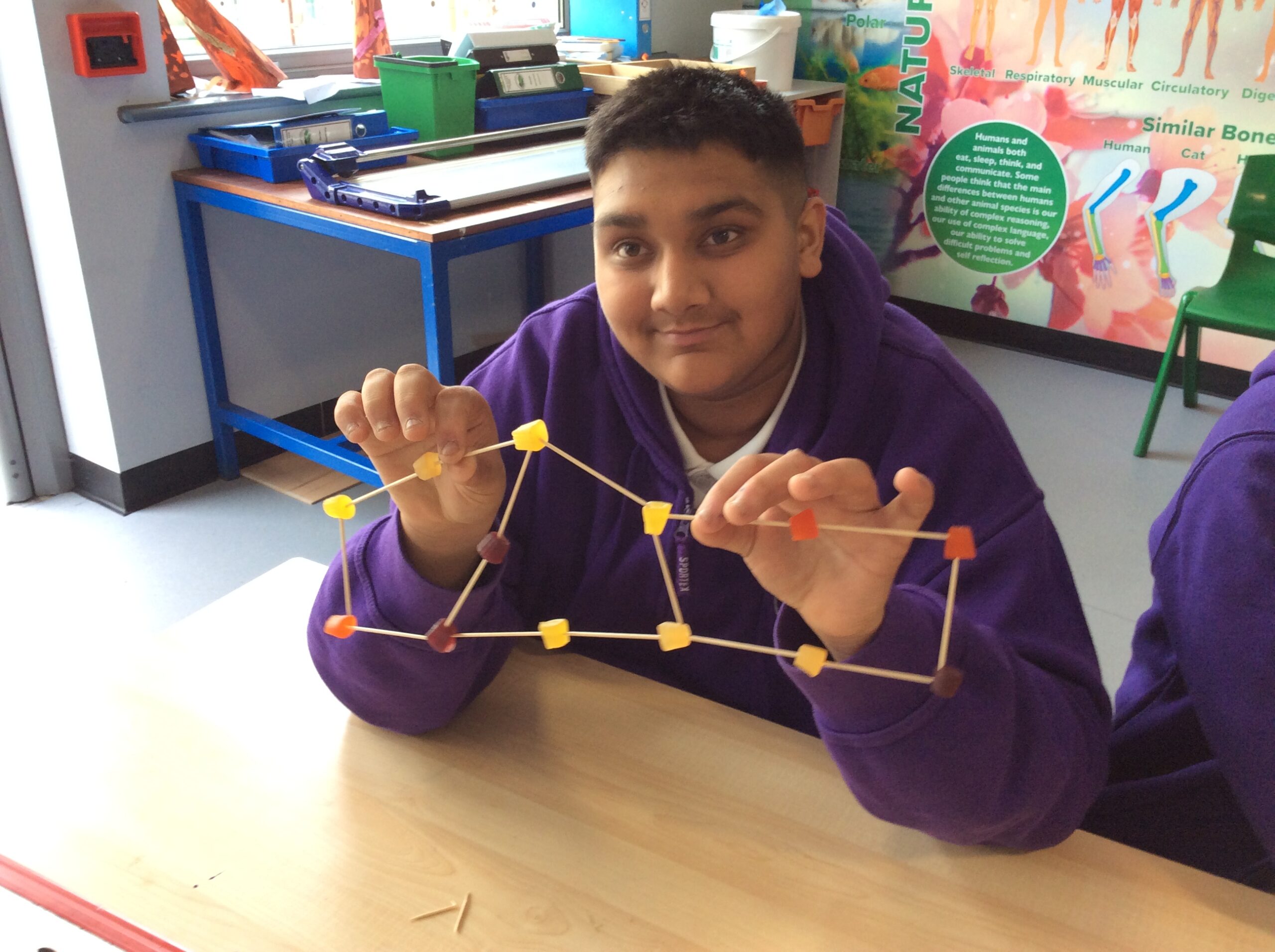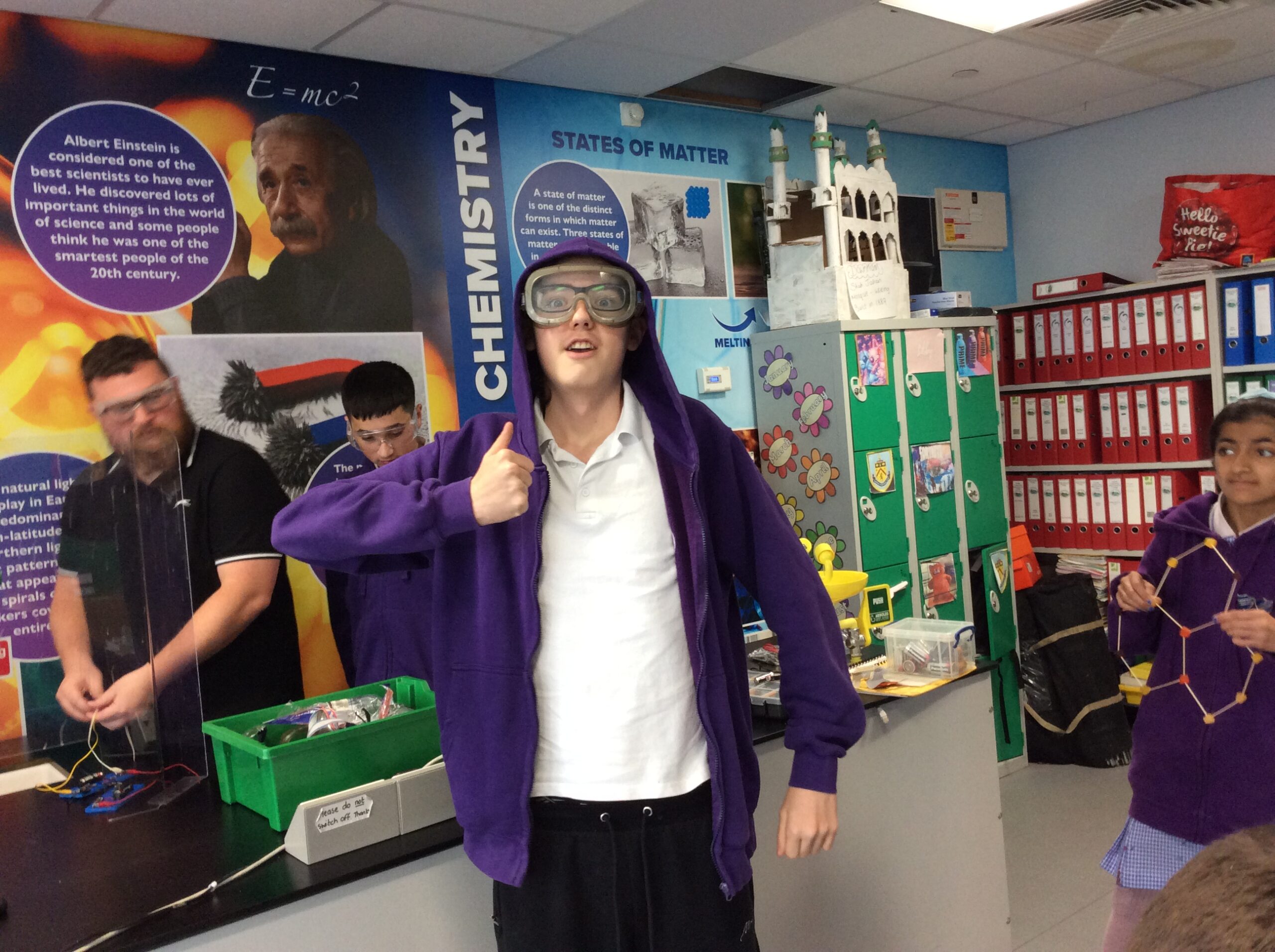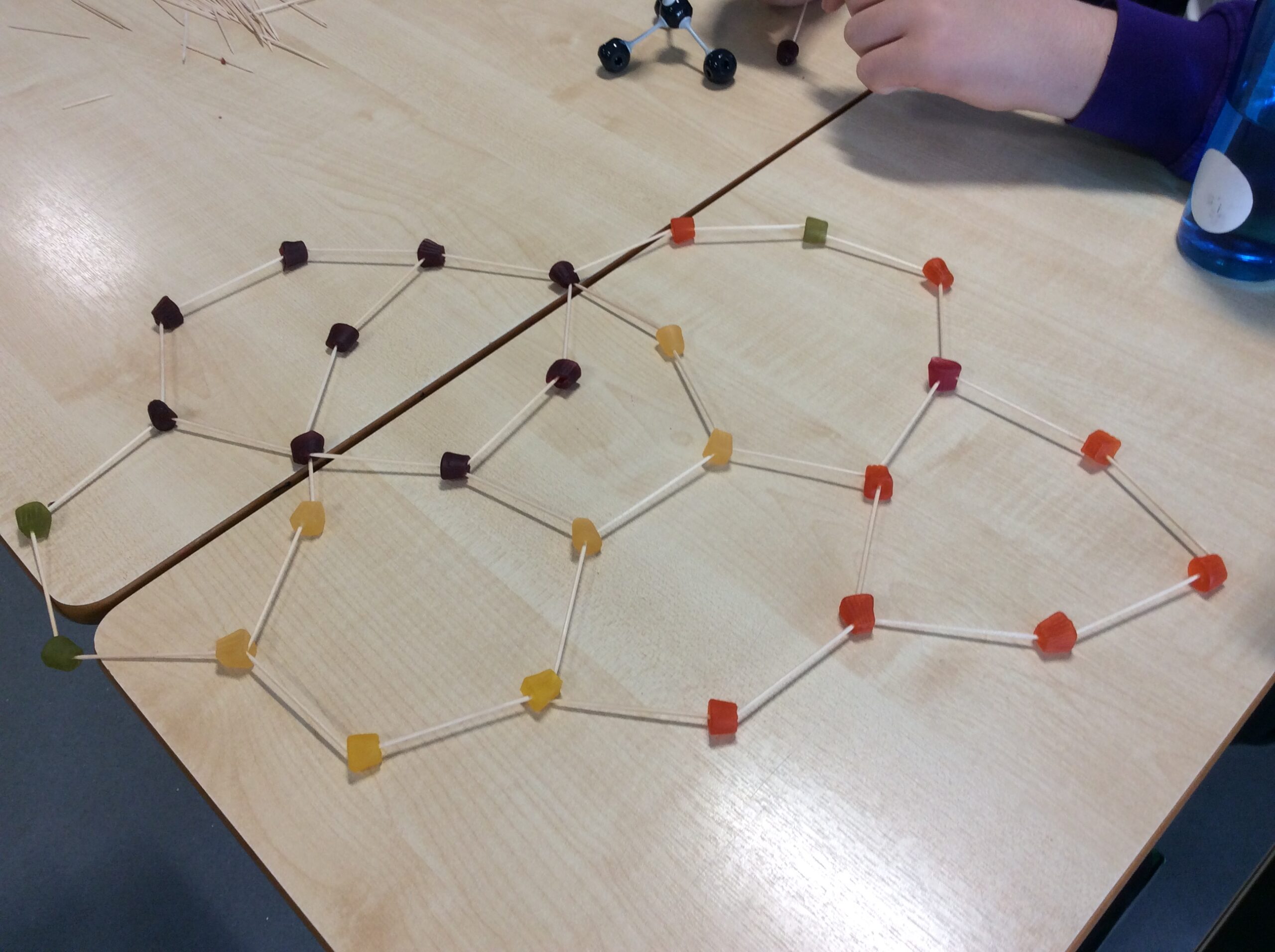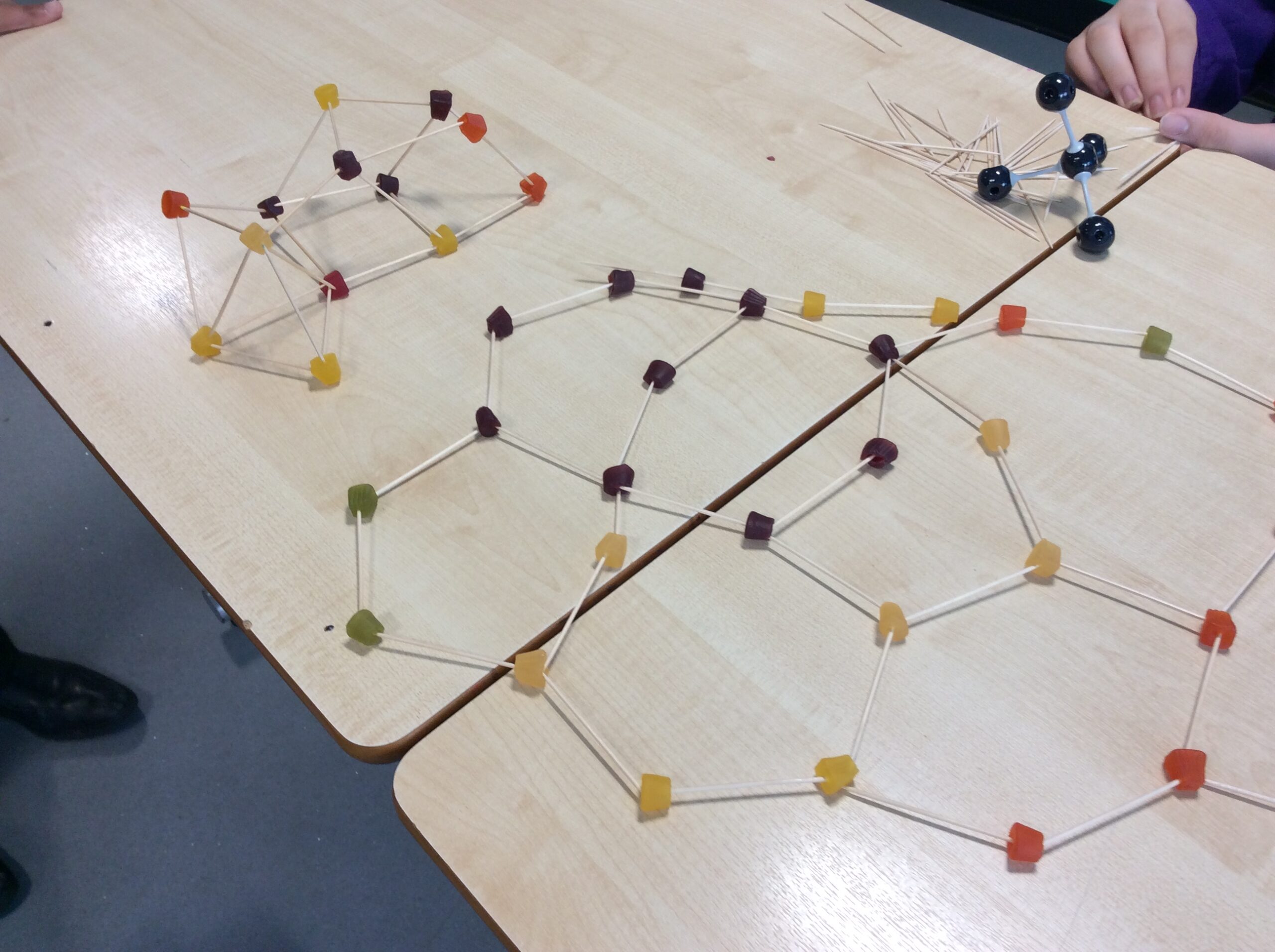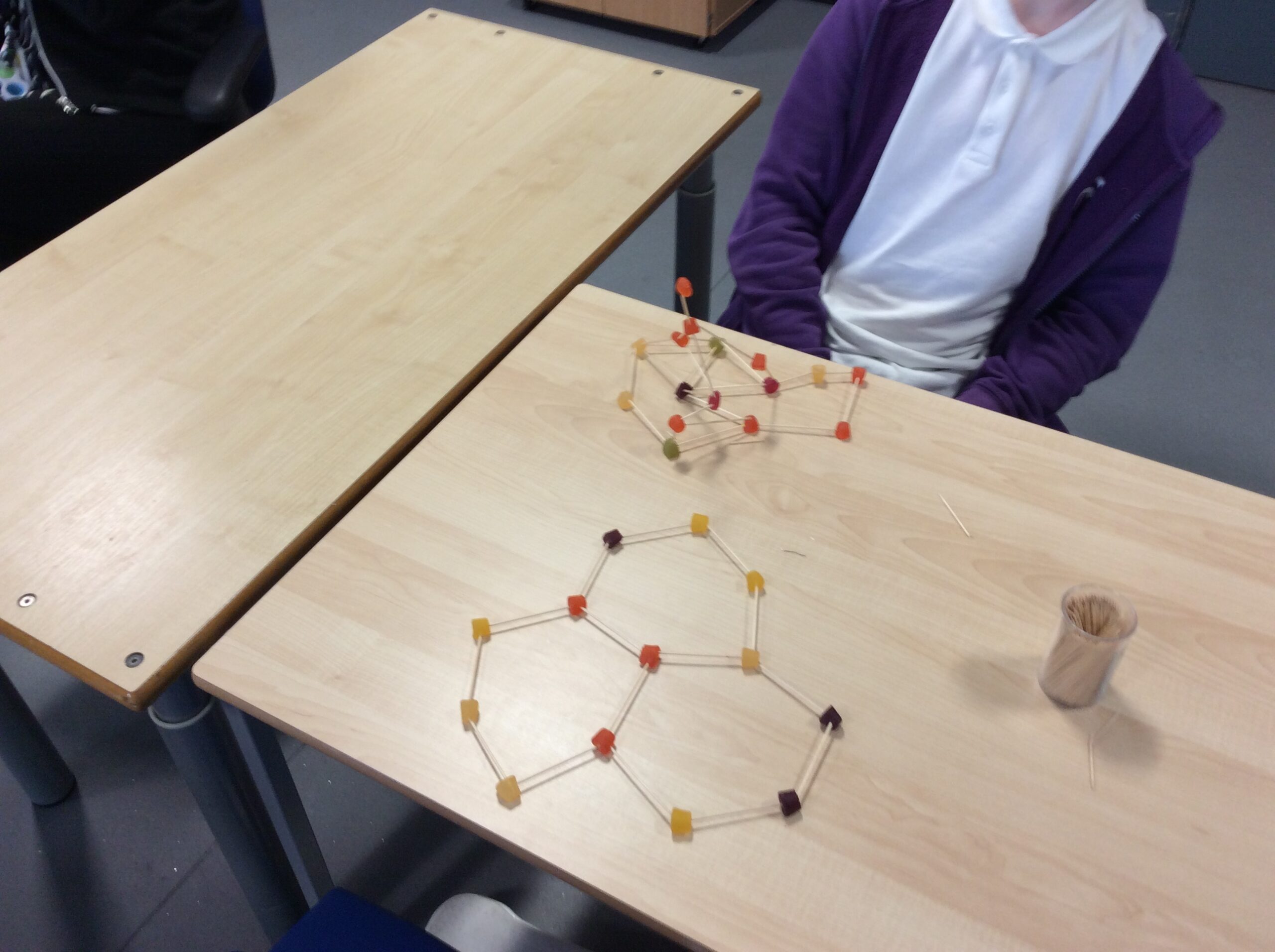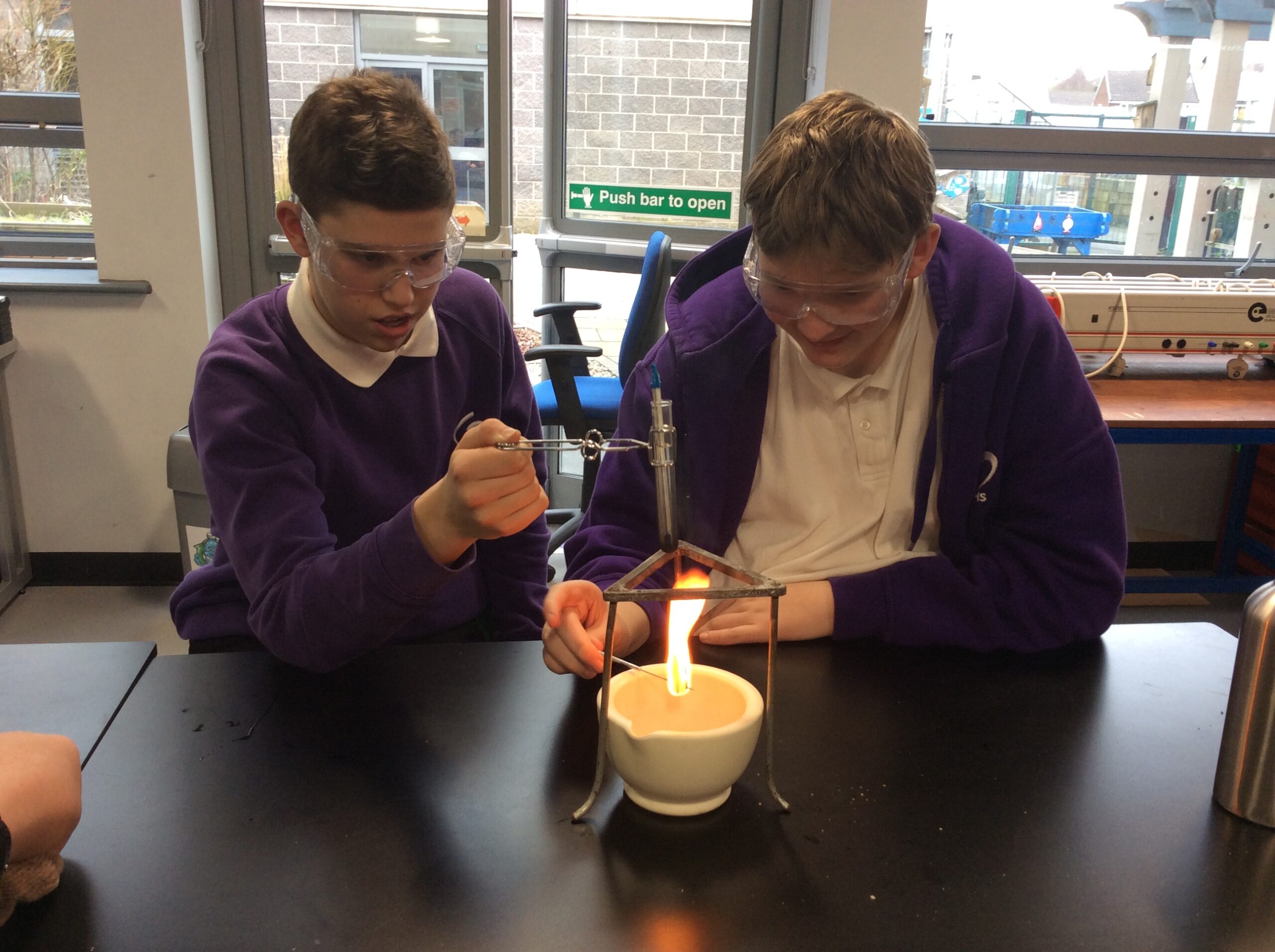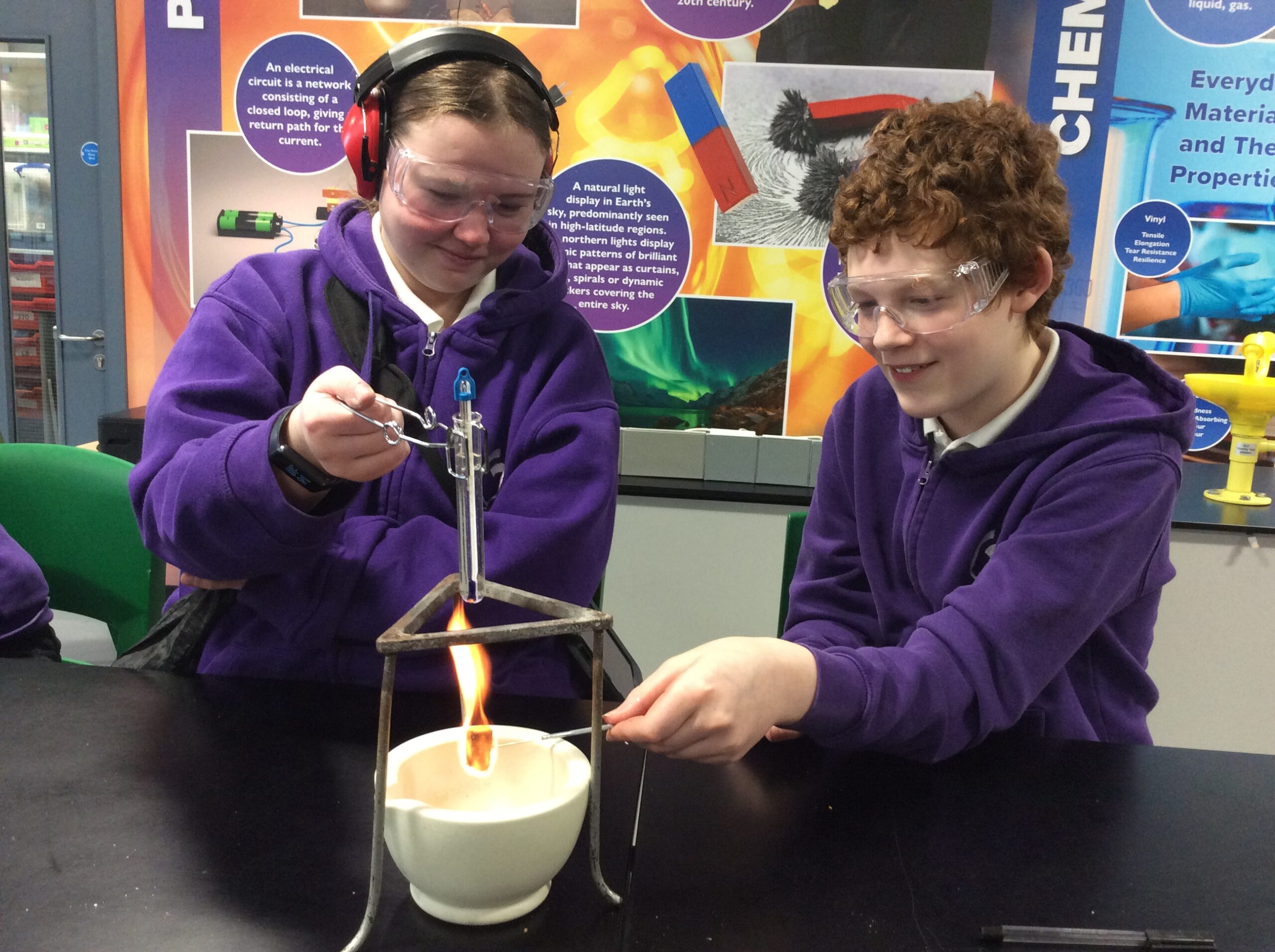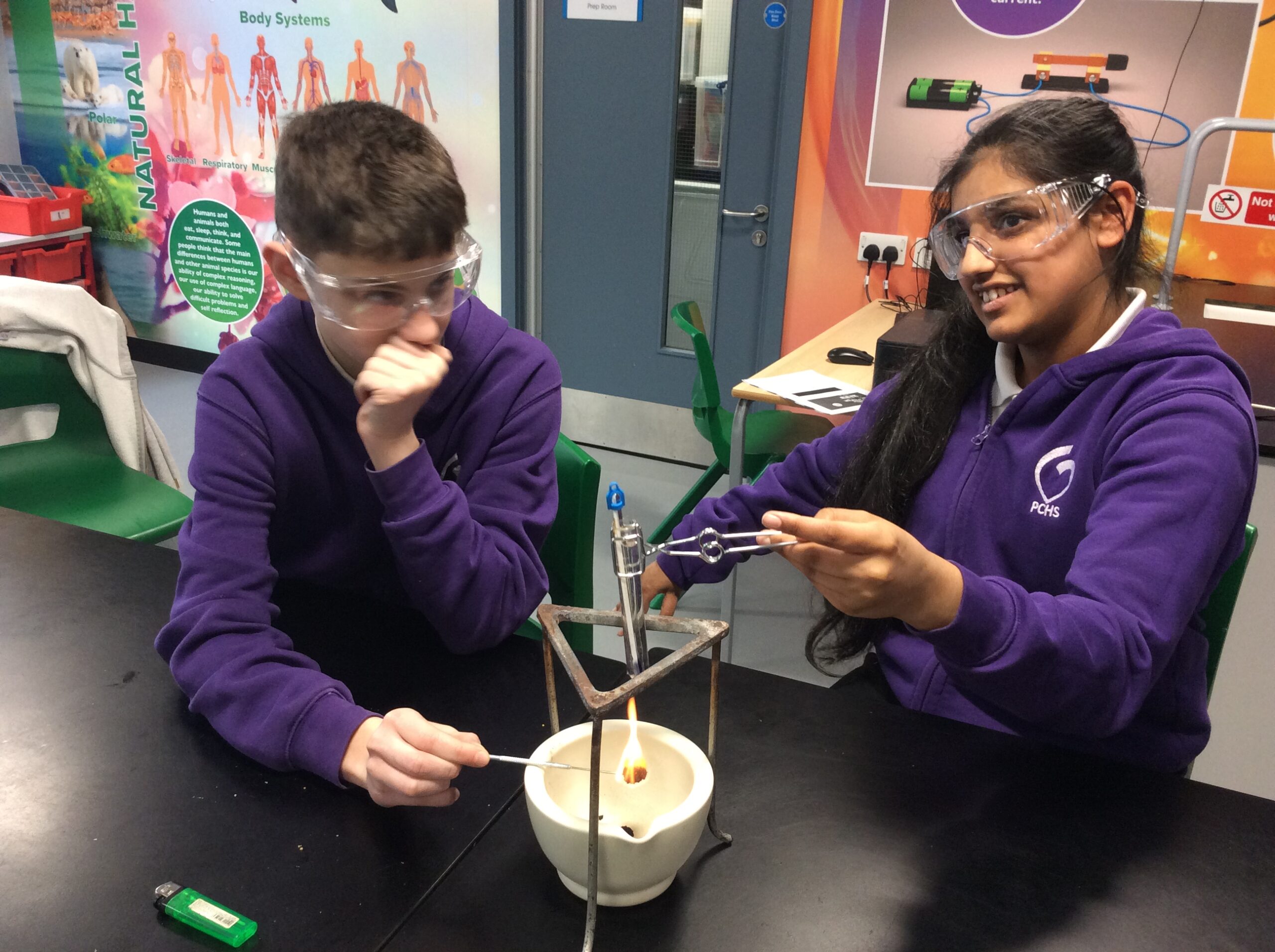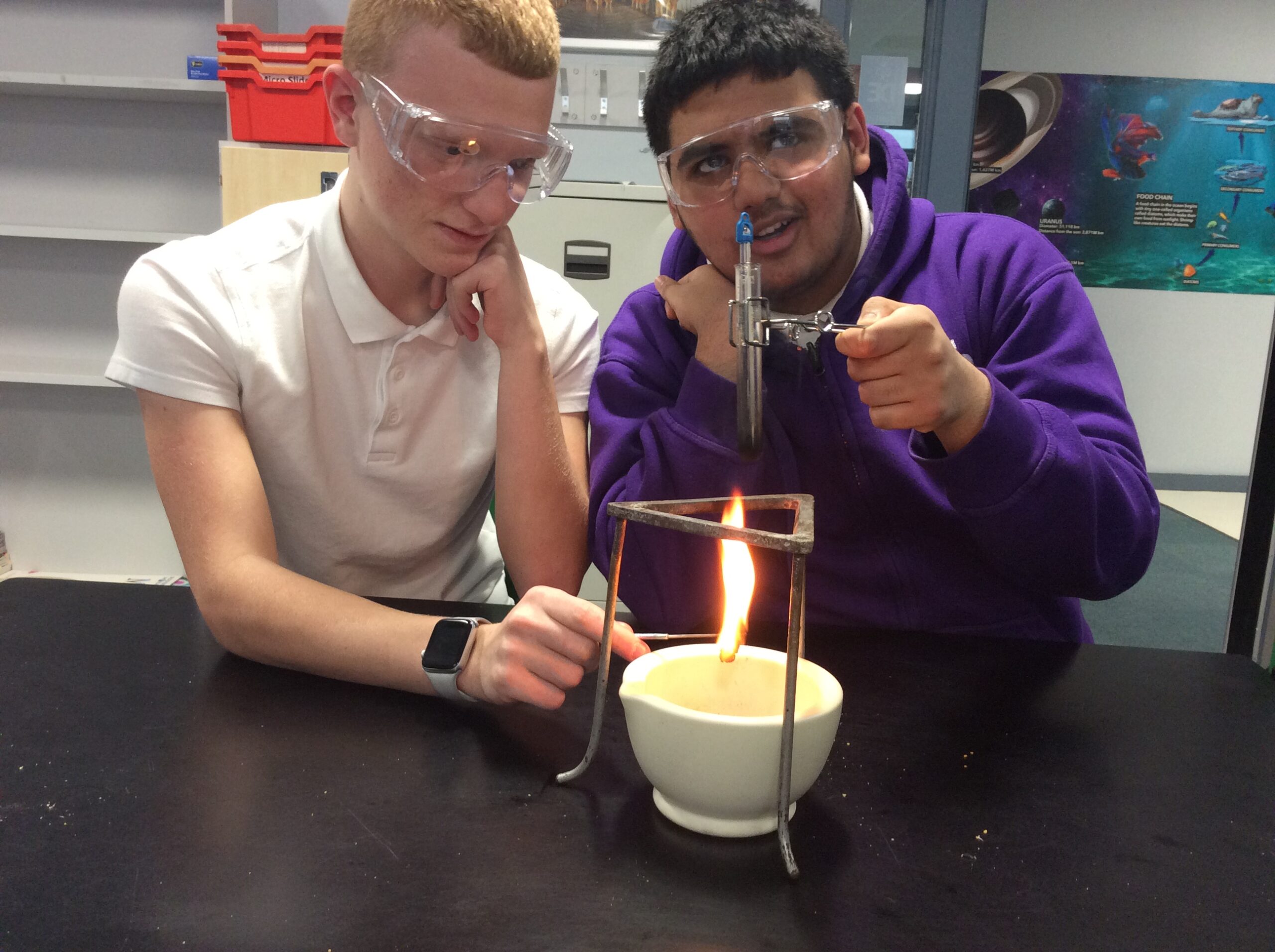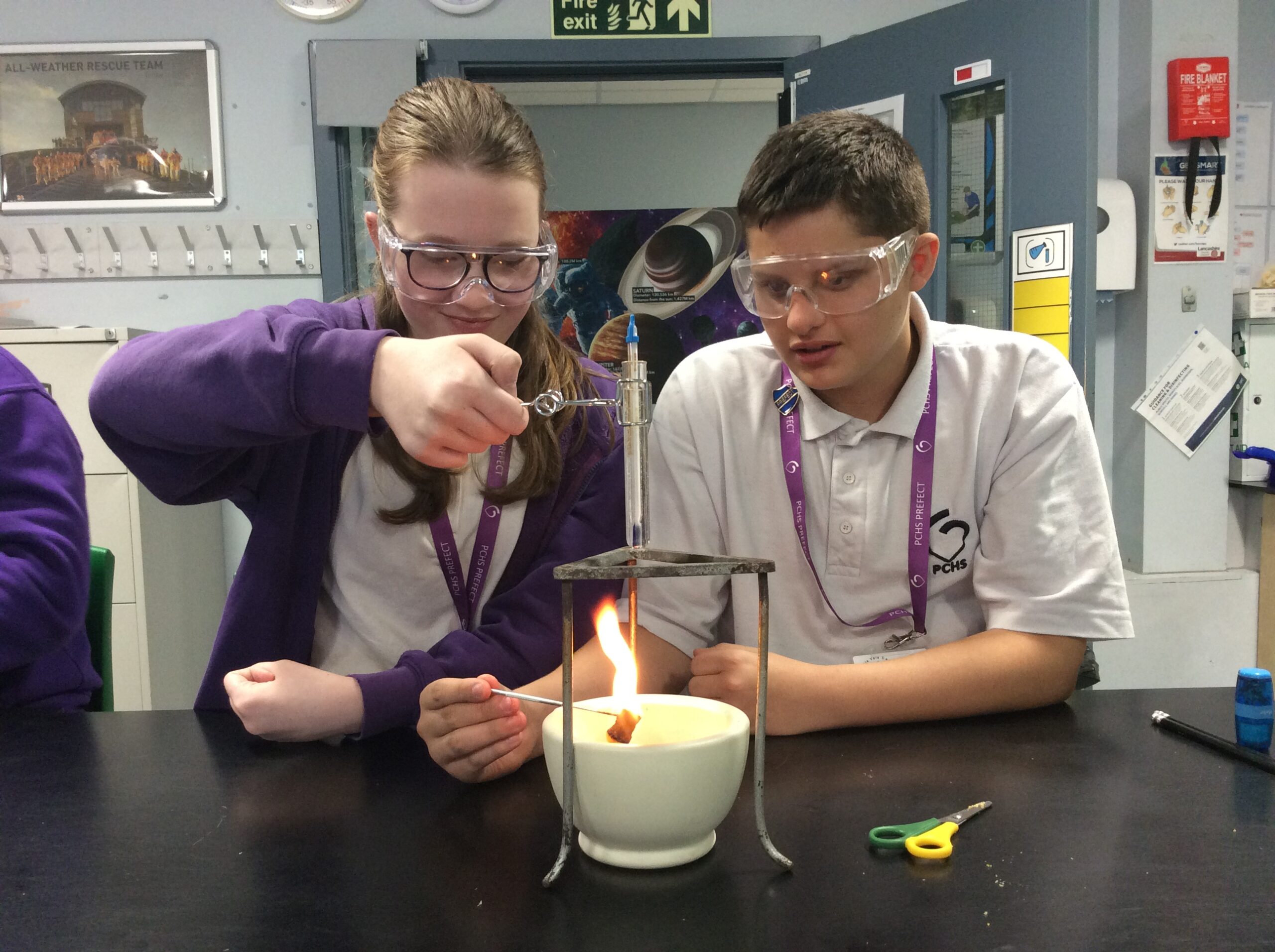Latest News:
INTENT
At Pendle Community High School, it is our intention to provide a high-quality science education that provides students with the foundations they need to recognise the importance of science in every aspect of daily life. We give the teaching and learning of science high prominence.
Our curriculum will enable students to become enquiry-based learners collaborating through researching, investigating and evaluating experiences. It will encourage respect for living organisms and for the physical environment.
Teachers will ensure that all students are exposed to high quality teaching and learning experiences. These will hook the student’s interest, enabling them to develop a sense of excitement and curiosity about natural phenomena. They will be encouraged to ask questions about the world around them and work scientifically to further their conceptual understanding and scientific knowledge.
Students will be encouraged to understand how science can be used to explain what is occurring, predict how things will behave, and analyse causes. It will provide opportunities for the critical evaluation of evidence and rational explanation of scientific phenomena as well as opportunity to apply their mathematical knowledge to their understanding of science, including collecting, presenting, and analysing data. Students will be immersed in key scientific vocabulary, which supports in the acquisition of scientific knowledge and understanding.
All students will be provided with a broad and balanced science curriculum which reflects the equality and diversity policies and practice in school.
IMPLEMENTATION
Pendle Community High School bespoke science scheme uses hands-on investigative science activities to promote a deep understanding of scientific concepts and help children develop effective methods of scientific enquiry. Each scheme provides a balanced coverage of the new National Curriculum differentiated for our Experiential, Supported and Independent learning carefully therefore provides the right balance between working scientifically, scientific knowledge, skills and understanding to ensure that learning is progressive and continuous.
Our curriculum is built around the principle of greater learner involvement in their work. It requires deep thinking and encourages learners to work using a question as the starting point, considering different avenues for further research. They do this through exploring, talking about, testing and developing ideas about everyday phenomena and the relationships between living things and familiar environments, and by beginning to develop their ideas about functions, relationships and interactions. They ask their own questions about what they observe and make some decisions about which types of scientific enquiry are likely to be the best ways of answering them, including observing changes over time, noticing patterns, grouping and classifying things, carrying out simple comparative and fair tests and finding things out using secondary sources of information. They draw simple conclusions and use scientific language to talk and write about what they have found out.
Our thematic Science Curriculum is literacy rich. Each unit of work is linked to a high-quality text which runs parallel to science lessons. The texts provide further cross-curricular reading and writing opportunities linked to the context of current science topic. The use of texts engages students and helps create links and make comparisons to their learning in science.
Each science unit begins with a ‘wow’ task that provides a hook for learning, developing a sense of excitement and curiosity for students. Teachers check on what students already know and then invite students to think of their own questions. Clear any misconceptions and then students will be able to build on prior knowledge and link ideas together, enabling them to question and become enquiry-based learners. Students are also asked to review their learning at the end of each topic. These ‘reflection’ tasks provide students with an opportunity to share their learning more widely with other students and parents through a variety of means e.g., photos, videos learning presentations, talks, report writing etc.
Memorable knowledge and skills have been identified for each of the units to provide progressive acquisition of knowledge. This is supported by the use of ‘sticky vocabulary and sticky knowledge’ which are displayed on science working walls and subject specific knowledge mats. Teachers regularly refer to this knowledge and key vocabulary with meanings so that it ‘sticks. This enables students to readily apply knowledge and vocabulary to their written, mathematical and verbal communication of skills.
IMPACT
The successful approach to the teaching of science at Pendle Community High School will result in a fun, engaging, high quality science education, that provides students with the foundations for understanding the world that they can take with them once they complete their secondary education.
Assessment at Pendle Community High School is both teacher based and formed using formal strategies through the school’s bespoke assessment and tracking system designed specifically with the students’ needs in mind and is further demonstrated through the various levels of certifications and awards (e.g., ELC and AQA) the students can achieve and informal strategies, use of concept maps, verbal/written outcomes, reflection tasks and presentations.
Formative assessment is used as the main tool for assessing the impact of Science at Pendle Community High School as it allows for misconceptions and gaps to be addressed more immediately rather than building on insecure scientific foundations.
Students at Pendle Community High School will:
- demonstrate a love of science work and an interest in further study and work in this field
- retain knowledge that is pertinent to science with a real-life context.
- be able to question ideas and reflect on knowledge.
- be able to articulate their understanding of scientific concepts and be able to reason scientifically using rich language linked to science.
- demonstrate a high love of mathematical skills through their work, organising, recording and interpreting results.
- work collaboratively and practically to investigate and experiment.
Science Lead
Laura Gibbons
lgibbons@pchs.lancs.sch.uk
Pupil Voice: Why we think it is important to learn about science in school.
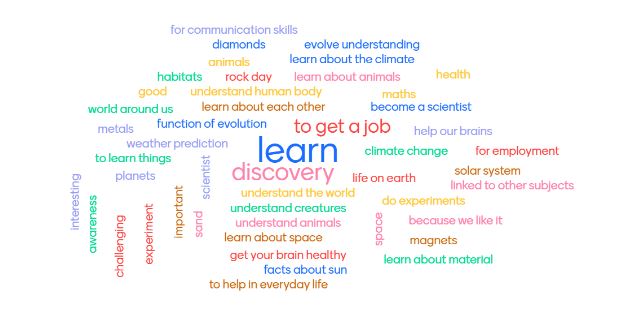
CONTACT US
Pendle Community High School & College
Pendle Vale Campus, Oxford Road, Nelson, Lancashire, BB9 8LF
Tel: 01282 682260
Headteacher: Debra Grogan
Chair of Governors: Trevor Ashton (Address c/o above)
Receptionist: Sophie McCamon
E-mail: smccamon@pchs.lancs.sch.uk
SENDCO: Stephanie Curtis
Email: scurtis@pchs.lancs.sch.uk
CONNECT WITH US
Paper copies of the information on our website can be requested via email.


